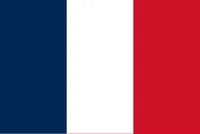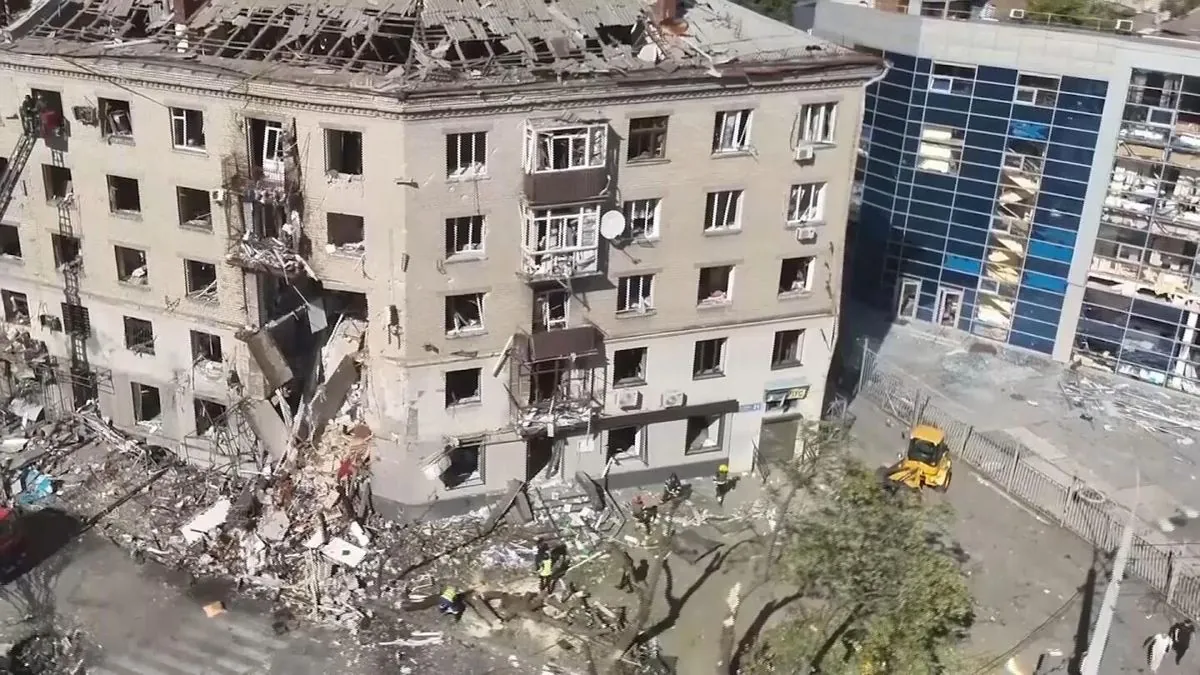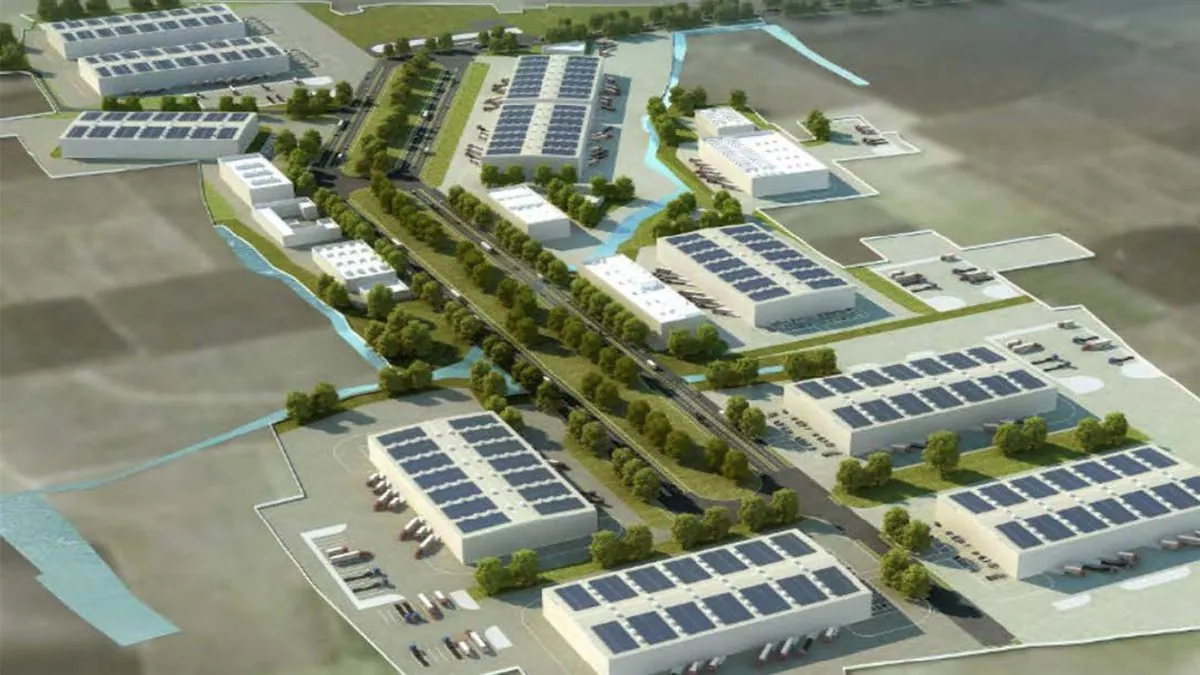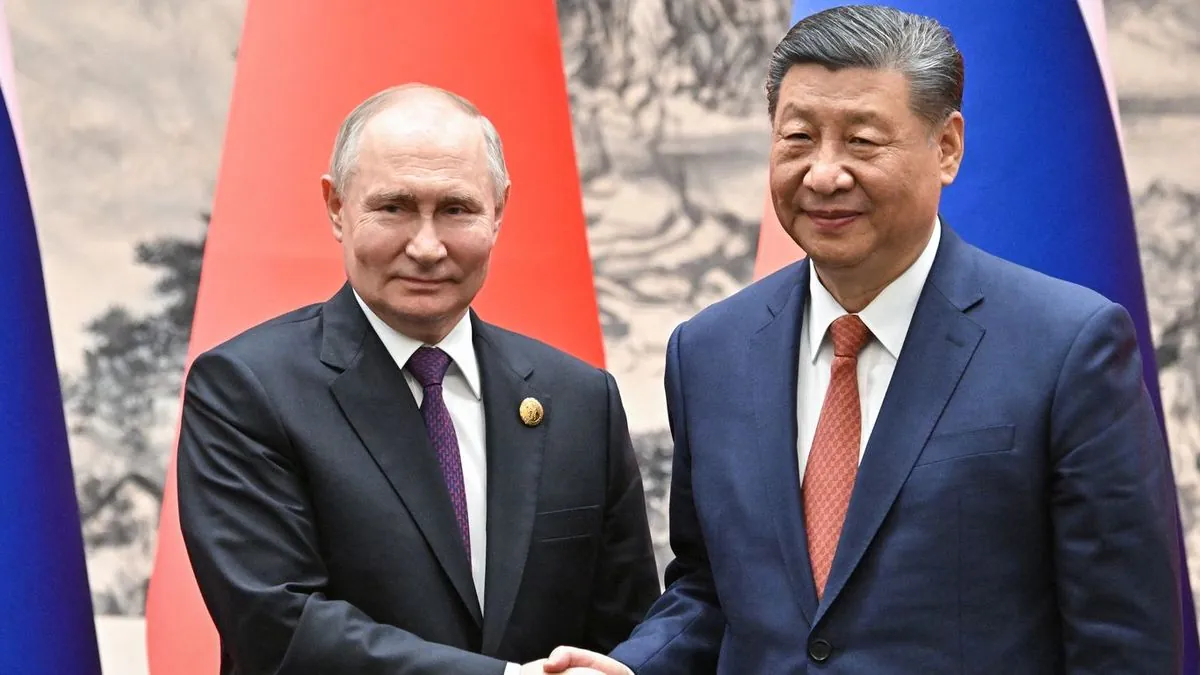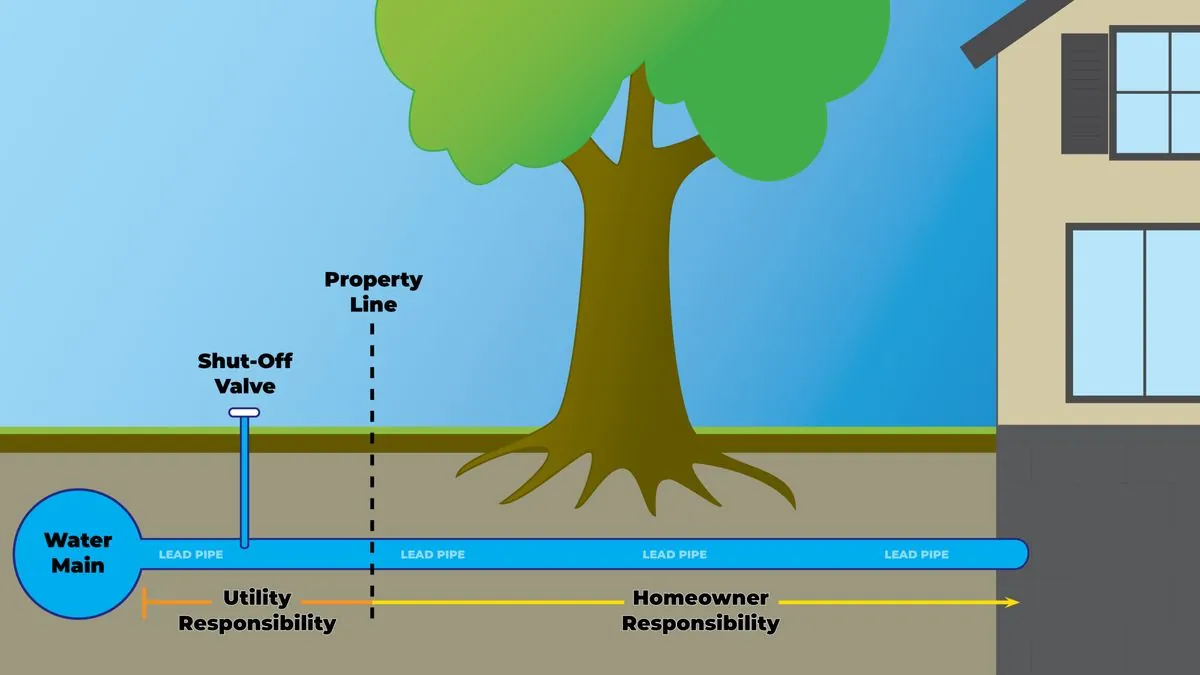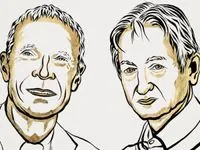Hopfield and Hinton Clinch 2024 Physics Nobel for Machine Learning Breakthroughs
U.S. scientist John Hopfield and British-Canadian Geoffrey Hinton awarded 2024 Nobel Prize in Physics for foundational work in machine learning. Their discoveries revolutionize science, engineering, and daily life.
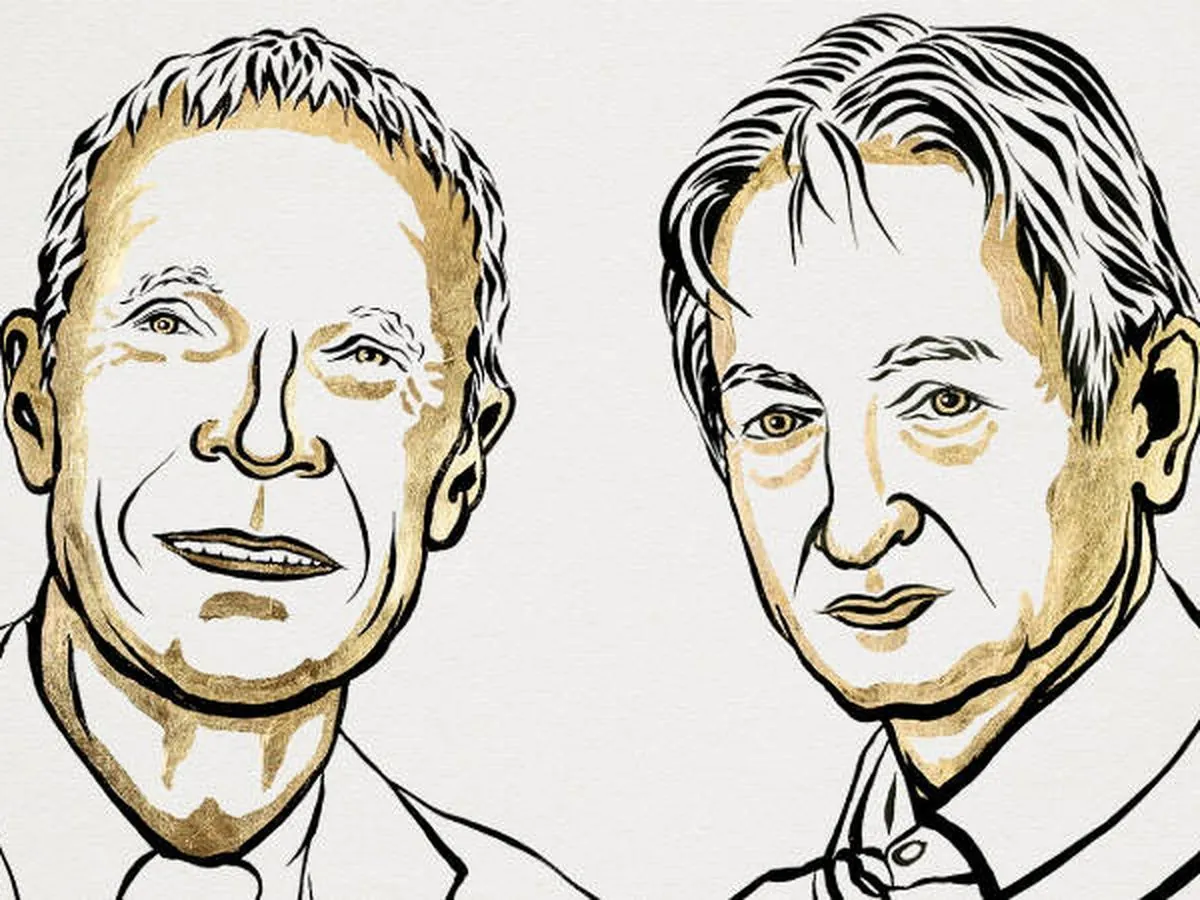
The Royal Swedish Academy of Sciences has announced the recipients of the 2024 Nobel Prize in Physics. John Hopfield and Geoffrey Hinton have been honored for their groundbreaking contributions to the field of machine learning, a decision that underscores the growing importance of artificial intelligence in modern science and technology.
This prestigious award, which comes with a prize of 11 million Swedish crowns (approximately $1.1 million), recognizes the scientists' work in developing methods that form the foundation of today's powerful machine learning systems. Their research has had far-reaching implications, revolutionizing various aspects of science, engineering, and everyday life.
Geoffrey Hinton, often referred to as the "Godfather of AI," is renowned for his pioneering work in deep learning, while John Hopfield is celebrated for his contributions to associative neural networks, particularly the Hopfield network. Their combined efforts have significantly advanced our understanding of artificial neural networks and their applications.
The Nobel Prize in Physics, established in 1901, has a rich history of recognizing groundbreaking scientific achievements. Over the past 123 years, it has been awarded 116 times to 222 laureates, highlighting advancements in various subfields of physics, including particle physics, cosmology, and condensed matter physics.
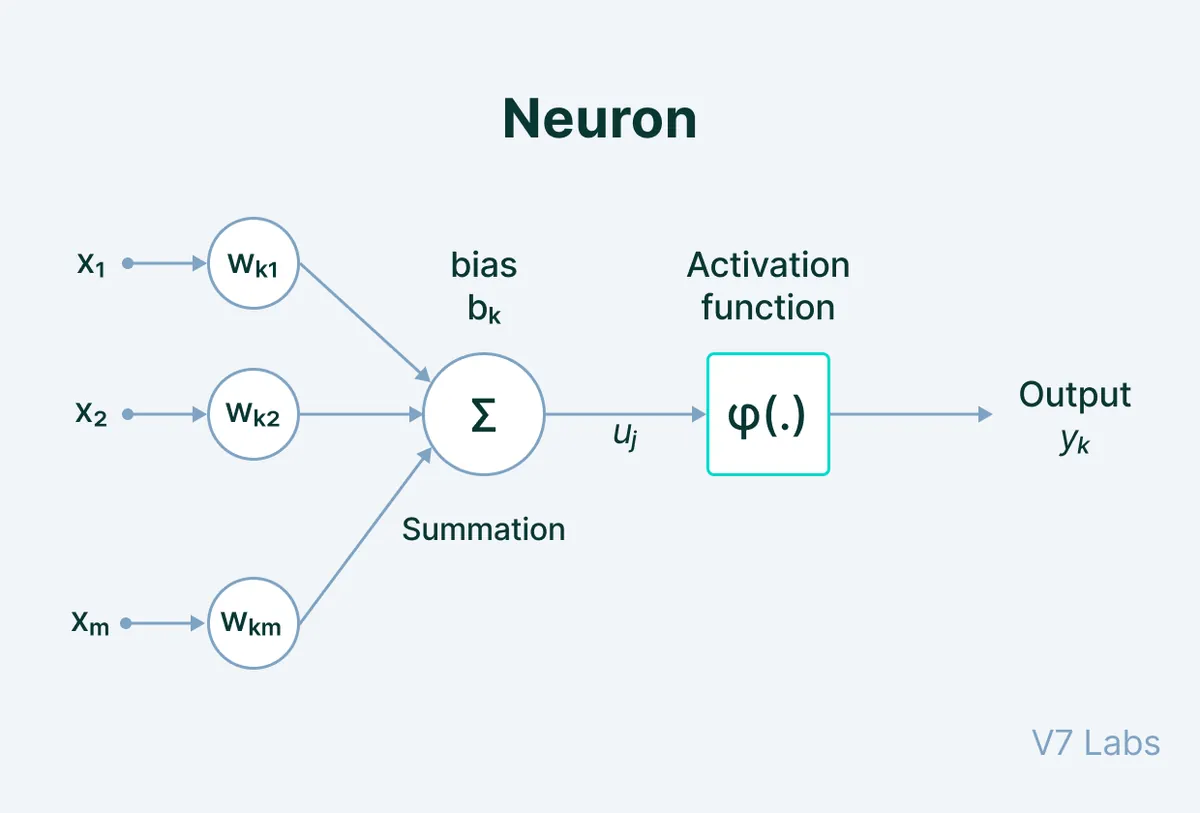
Interestingly, this year's award continues a trend of recognizing practical applications of physics. In recent years, the Nobel Committee has acknowledged inventions such as transistors and LED lights, demonstrating the prize's relevance to technological progress.
The announcement of the Physics Nobel Prize typically occurs on a Tuesday in early October, following a rigorous selection process by the Royal Swedish Academy of Sciences. This year's prize is the second in the lineup of Nobel announcements, coming after the Medicine Prize was awarded to U.S. scientists Victor Ambros and Gary Ruvkun for their discovery of microRNA and its role in gene regulation.
It's worth noting that the Nobel Prize in Physics has historically been dominated by male recipients, with only four women having received the award as of 2024. The youngest laureate in this category remains Lawrence Bragg, who won at the age of 25 in 1915.
The recognition of Hopfield and Hinton's work in machine learning aligns with the growing influence of artificial intelligence across various disciplines. Their research has paved the way for advancements in fields ranging from medical diagnostics to climate modeling, showcasing the transformative power of interdisciplinary approaches in scientific research.
As we reflect on this year's Nobel Prize in Physics, it's important to remember that the award cannot be given posthumously and is limited to a maximum of three laureates. The official award ceremony will take place on December 10th, the anniversary of Alfred Nobel's death, where the laureates will receive their diplomas, medals, and prize money.
This recognition of machine learning's foundational work serves as a testament to the field's importance in shaping our technological future and its potential to address complex global challenges.



















